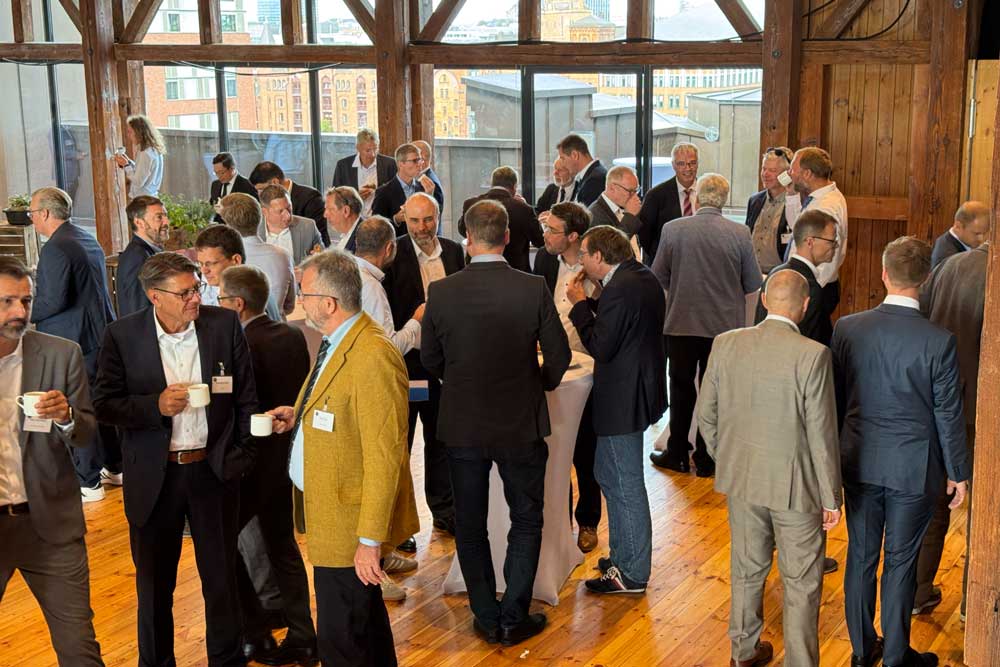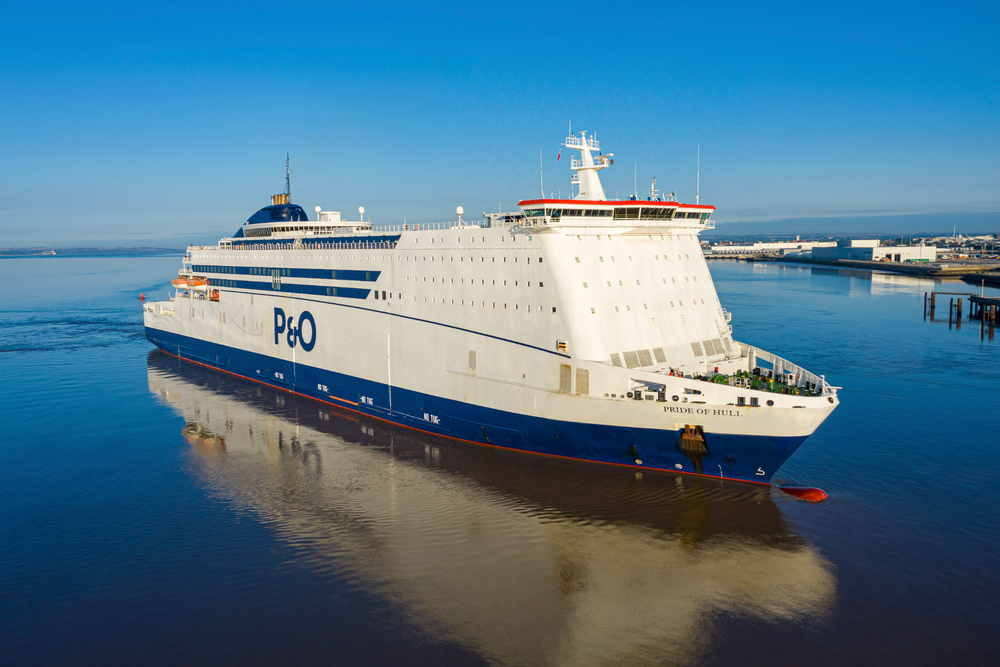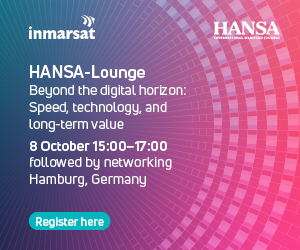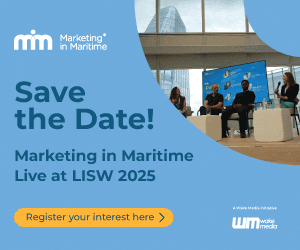Paywall
 Interview: IMO Secretary General Kitack Lim »Global concerted action is required«
Interview: IMO Secretary General Kitack Lim »Global concerted action is required«

In an exclusive interview with HANSA, IMO Secretary General Kitack Lim reports on the work of the organization in times of the Covid-19 pandemic and what needs to be done in the near future for the industry and member st…
Verwandte Themen









